
Demystifying the art & science of creativity, innovation and entrepreneurship.
Latest Blog Articles
Deeply practical guest post by former NCAA and NFL punter, now tech executive, Zoltán Meskó. I met Zoltán at Stanford’s annual Campbell Trophy Summit last summer, and he stayed in touch, telling me all the cool stuff he was trying - check out how AI is changing the way he works.
"I don't really have any pain points to automate," a CEO told me during an AI workshop last week. "I don't do repetitive work like other people in the company do."
Then he mentioned how he spends six hours manually editing every report his team sends him… I had to stop him right there.
The piece of data from Section’s latest AI Proficiency Report I can’t stop thinking about: Silence on AI breeds more AI skepticism than an outright AI ban. So if you’ve been gathering your thoughts on AI, now is the time to put them in writing. In this special guest post, Section’s CEO, Greg Shove, will tell you how.
There’s only one right answer to the question, “Did AI help with this?” The shift to an AI-first mindset isn't just about saving time. It's about recognizing a fundamental truth: AI isn't a tool you might want to use. It's an amplifier you'd be reckless not to use.
Learning to work with AI isn’t really a technical challenge. It’s a human behavior change effort. AI skill building is about far more than learning new tools. It’s about unlearning old ways of working.
AI is transforming industries. Designers are compressing month-long workflows into minutes. Scientists are using AI to condense years of research into days. But what about decades into minutes? Meet Adam. He doesn’t have a LinkedIn account. But in 45 minutes, he built an AI tool that'll save his organization thousands of days of work every year.
Growth mindset expert Diane Flynn shares insights and advice for a more experienced generation of workers who might feel somewhat hesitant to embrace the collaborative superpowers of GenAI.
Right now, in boardrooms and Slack channels across the globe, leaders are inadvertently creating a culture of AI shame. They're reinforcing the very hesitation they should be helping their teams overcome. It's time for an intervention.
The quality of our thinking is deeply influenced by the diversity of the inputs we collect. Implementing practices like Brian Grazer’s “Curiosity Conversations” ensures innovators are well-equipped with a variety of high-quality raw material for problem-solving.

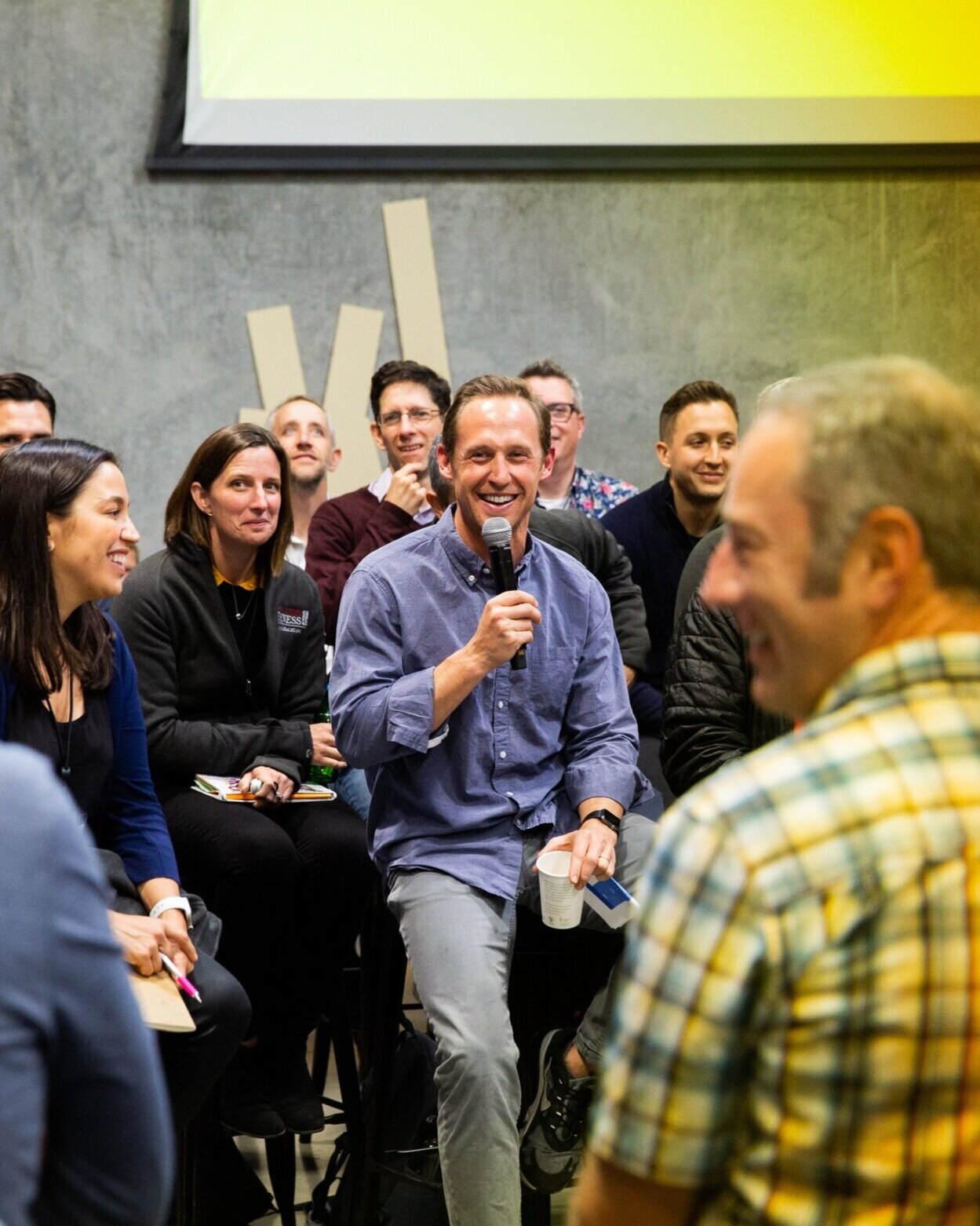
Jeremy is a passionate educator, innovator, and inspirational speaker.
Talks & Classes
Jeremy has helped the world’s most innovative entrepreneurs and companies with the methods he teaches at Stanford. Explore his classes to develop your skills as a leader and innovator.

How Breakthroughs Happen - Stanford Talk
The Paint & Pipette Podcast | Latest Episodes
Vivian Shen founded Juni Learning in 2017 to bridge the gap in education that exists between future-looking skills and what’s taught in the classroom. She is on a mission to provide students access to 1:1 teaching to ignite a passion for learning among all students – regardless of their interests and learning styles. In this episode, we talk about growing grit, getting comfortable with ambiguity, and knowing when it’s time to “burn your ships.”
Phoebe Yao is the Founder and CEO of Pareto, a software company that automates mundane tasks for business founders. With a company that operates in eight different time zones, Phoebe explains the importance of creating space for serendipity and chance encounters in the world of remote work and how she goes about this. We discuss the tension between breaking down barriers between work and personal relationships while also advocating for self-care and personal time.
Amy Yin is the Founder and CEO of Office Together, which delivers manager empowerment and scheduling tools to realize the full potential of a flexible workplace and make hybrid work, work. In this episode, Amy walks us through her decision to drop out of Harvard to join a start-up, and why she ultimately went back to finish her degree. She shares insights on knowing when you have the right idea, how to de-risk early hires, being a first generation Chinese founder, and her approach to “conscious leadership.”
Sabrina Kappe Ramos and Kim Schreiber are the Co-Founders of NeuroNav, a technology-enabled concierge service that curates individualized supports for adults with disabilities. In this episode, they talk about discovering the need for a co-founder (and falling in love with the right partner!), broadening the net of inclusion, and both the challenges and unique advantages of being a woman in the fundraising process.
Ellie Buckingham and Miri Buckland are the Co-Founders of The Landing, a digital space for visual curation. They have pivoted significantly since inception and have built a fantastically loyal user base in an entirely different arena than their original vision. In this episode, Ellie and Miri talk with us about knowing when to pivot, overcoming impostor syndrome, and preserving the “Quest Mentality” past the initial turbulence of getting a start-up off the ground.
Annie Stancliffe is the Founder and CEO of High Five, a reimagined nail salon on a mission to improve the lives not only of customers, but also employees. Inspired by “the now-infamous New York Times expose detailing the mistreatment of nail salon employees… Annie is committed to providing ethical treatment and fair pay for our nail techs and a modern, delightful service for our customers.” In this episode, she talks to us about preserving a spirit of creativity in the midst of routine operations, the decision to bootstrap her business, and how many delightful ideas are sparked by everyday observations of and interactions with her customers.
Noemie Delfassy is the Founder and CEO of Frecious, fighting for a better food system with healthy organic snacks made from locally sourced fruits and vegetables. In this episode, she talks about leaving an established career path to become an entrepreneur, discovering her life’s work, and deciding to anger seed investors in pursuit of a sustainable business model. She shares how she turned a supply chain disaster that threatened to derail her product launch into a PR campaign, and why she decided to bootstrap the business once she came to the US from Europe.
Laura D’Asaro is the Co-Founder of Chirps (as seen on Shark Tank!), a food company seeking to transform Americans’ dietary impact on the environment. She’s also the co-author of Project Startup #1: Eat Bugs. In this episode, she talks about reinventing social entrepreneurship, attempting to break world records for cancer research, and the early influences that shaped her as an entrepreneur. She also shares tips and tricks that she uses to generate new start-up ideas an an almost-daily basis!
Itziar & Maite Diez-Canedo are the Co-Founders of Via, a fantastic solution for hiring and onboarding global teams. In this episode, they talk about what it’s like as sisters leading a business, raising money as women, and how to extend your runway as a founder amidst early-stage product iterations. They talk about pivoting, about decompressing, and about the importance of trust in the co-founder relationship.
Ana Leyva is the Founder and CEO of Lelu, a radical new approach to bi-lingual education. In this episode, she talks about discovering her life’s work, building a business while being a mother, and rallying a tribe of collaborators to support her along through the start-up journey. She shares how she turns challenges into opportunities, and inspires us with a fresh vision of collaborating transparently with early customers, employees, and even children!









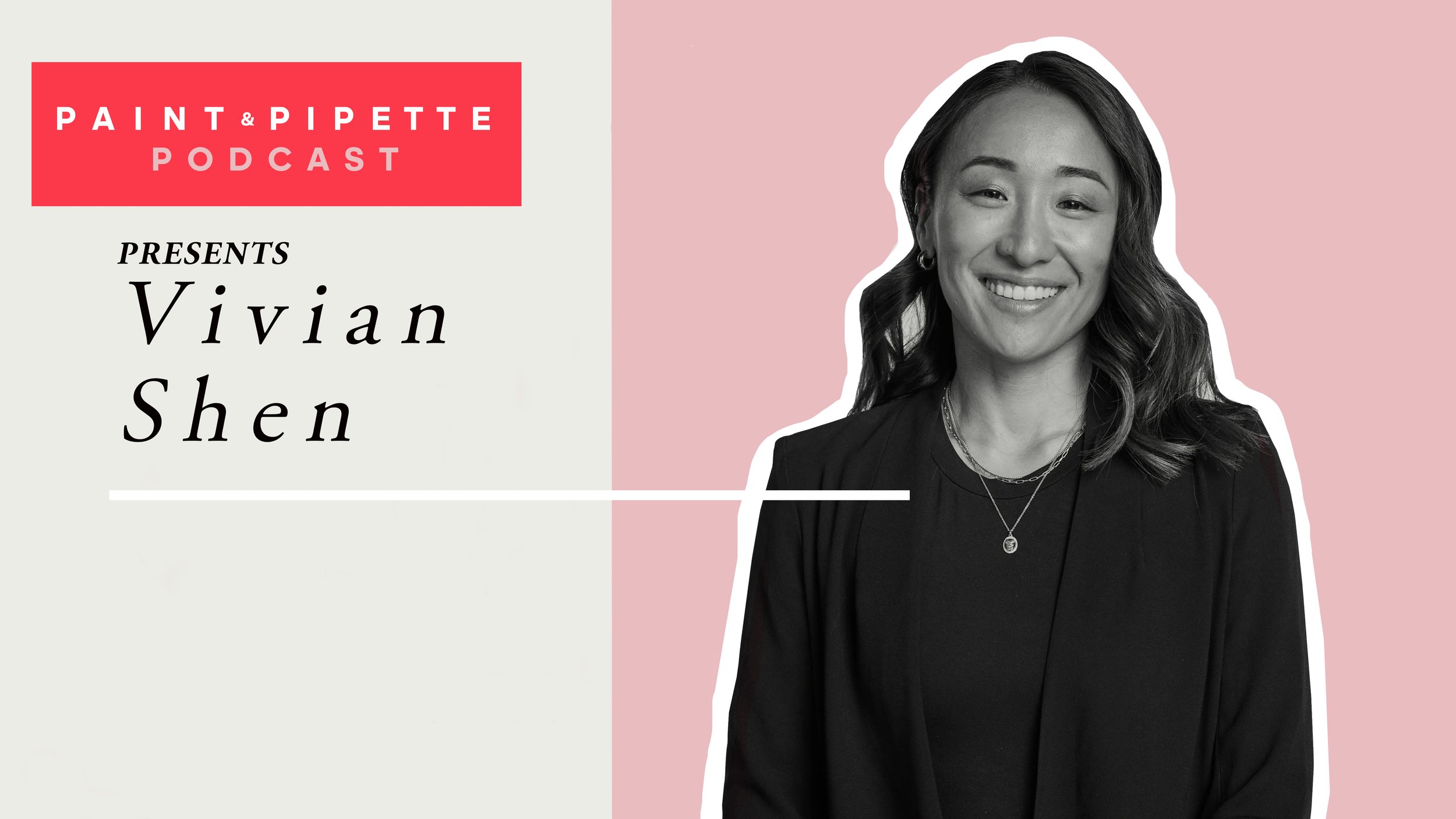
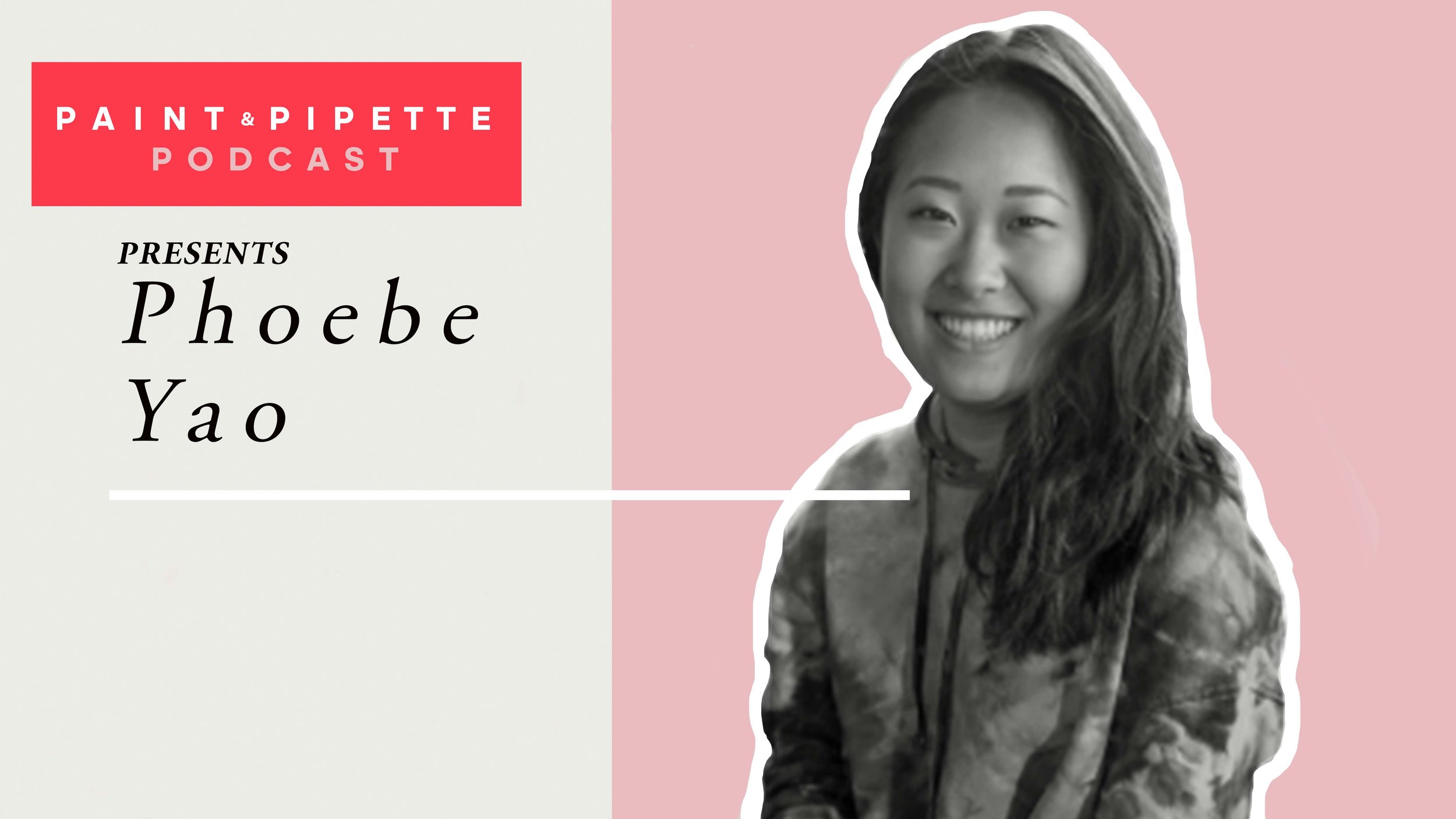
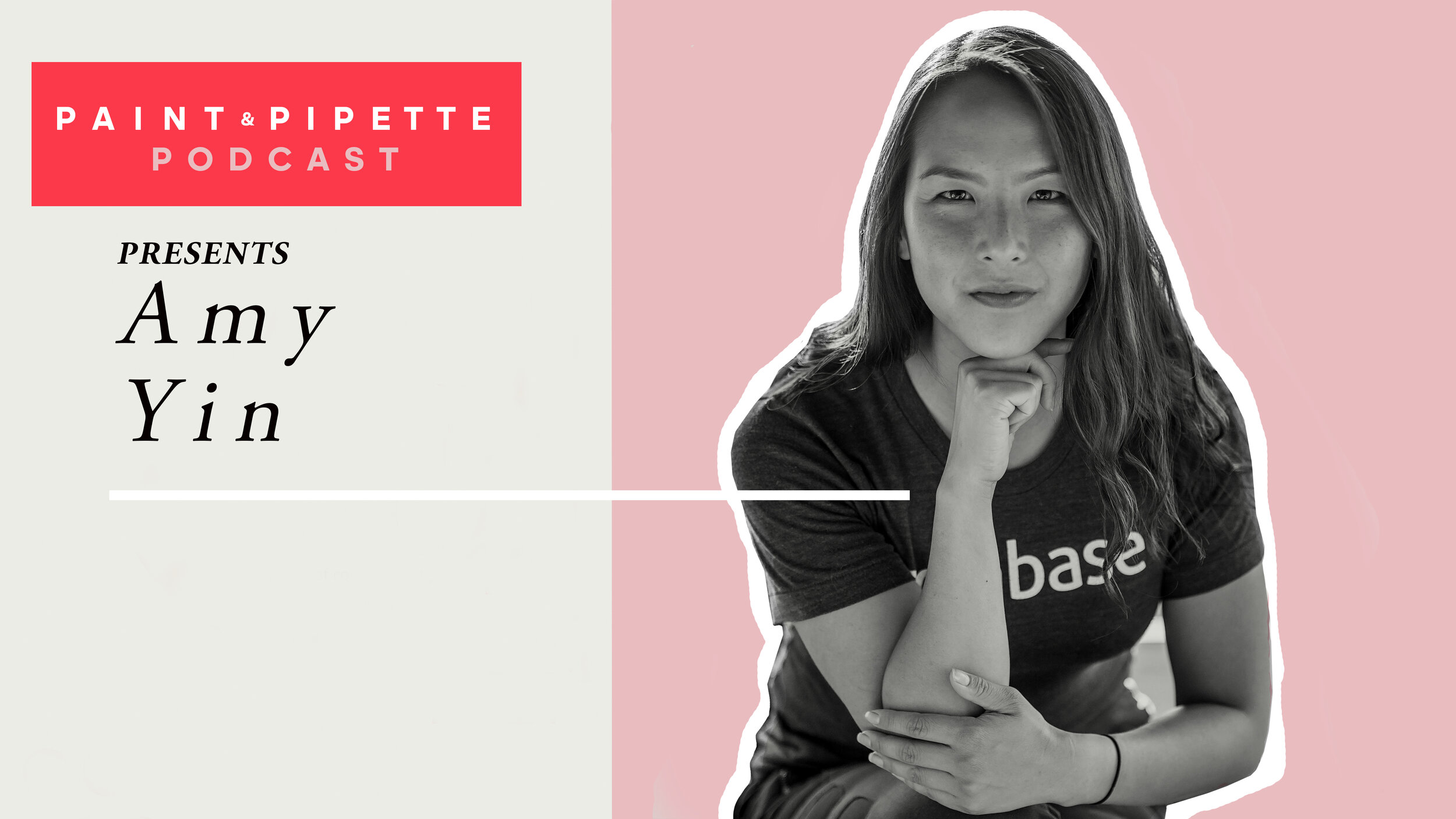
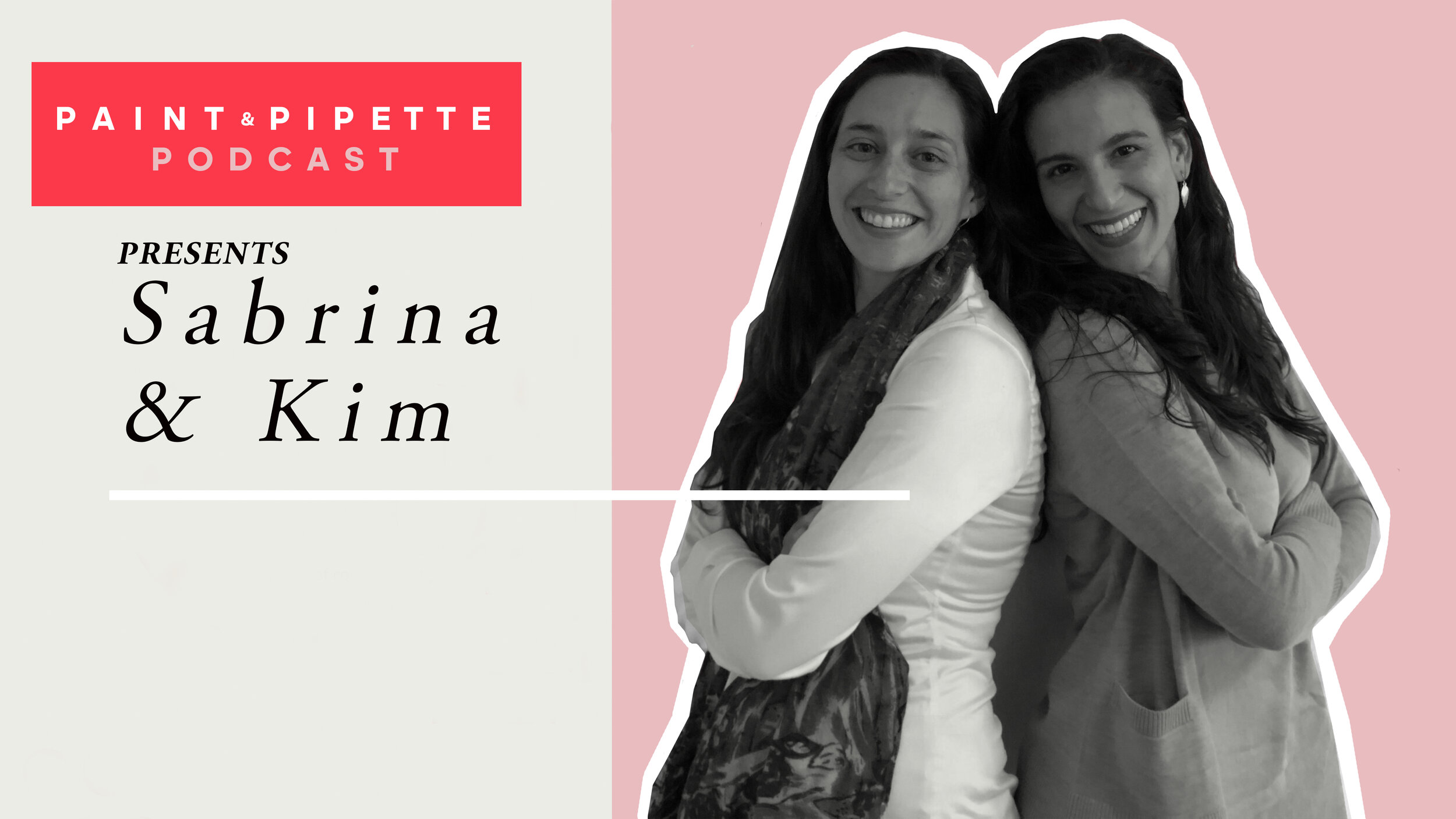
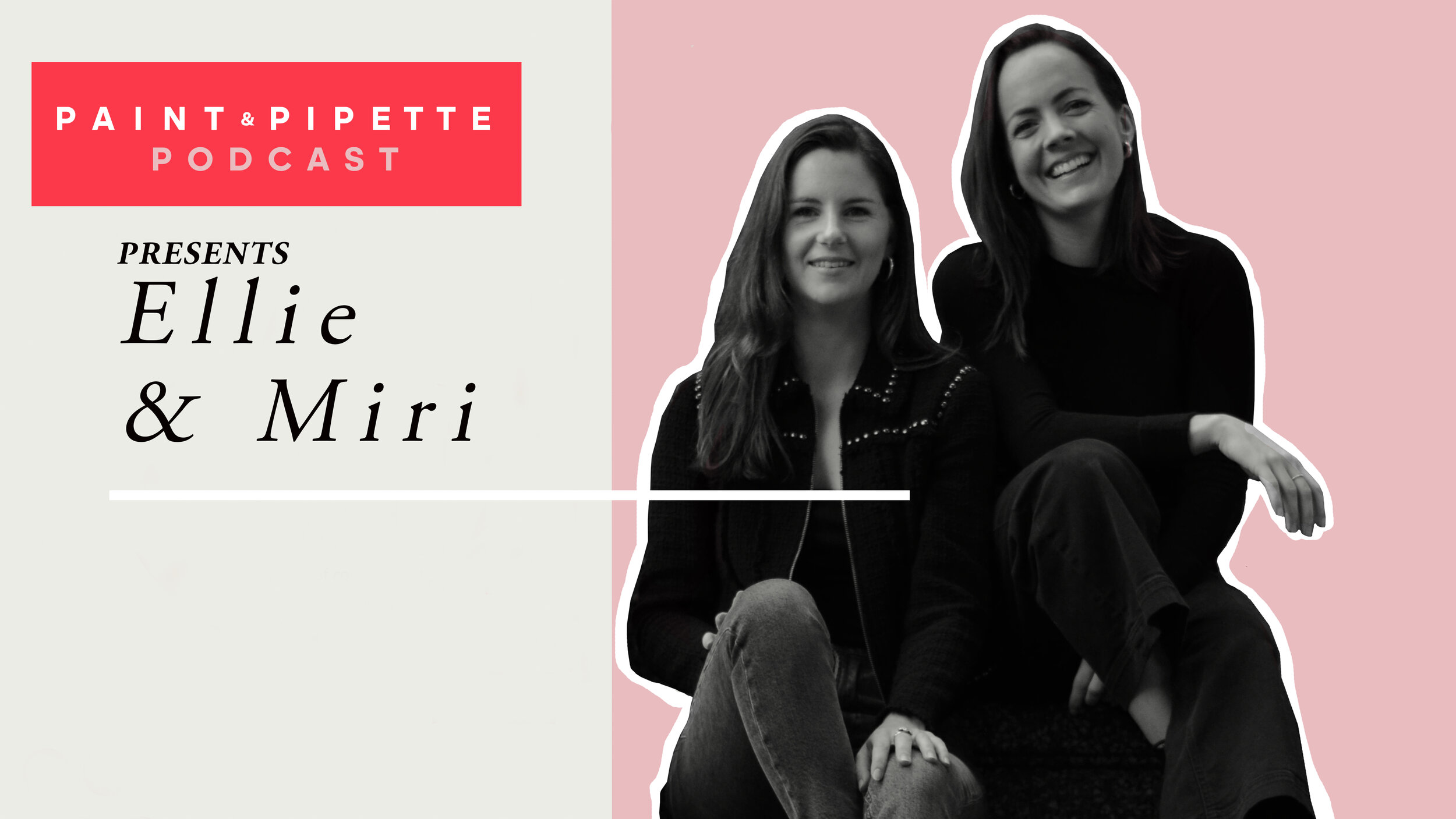
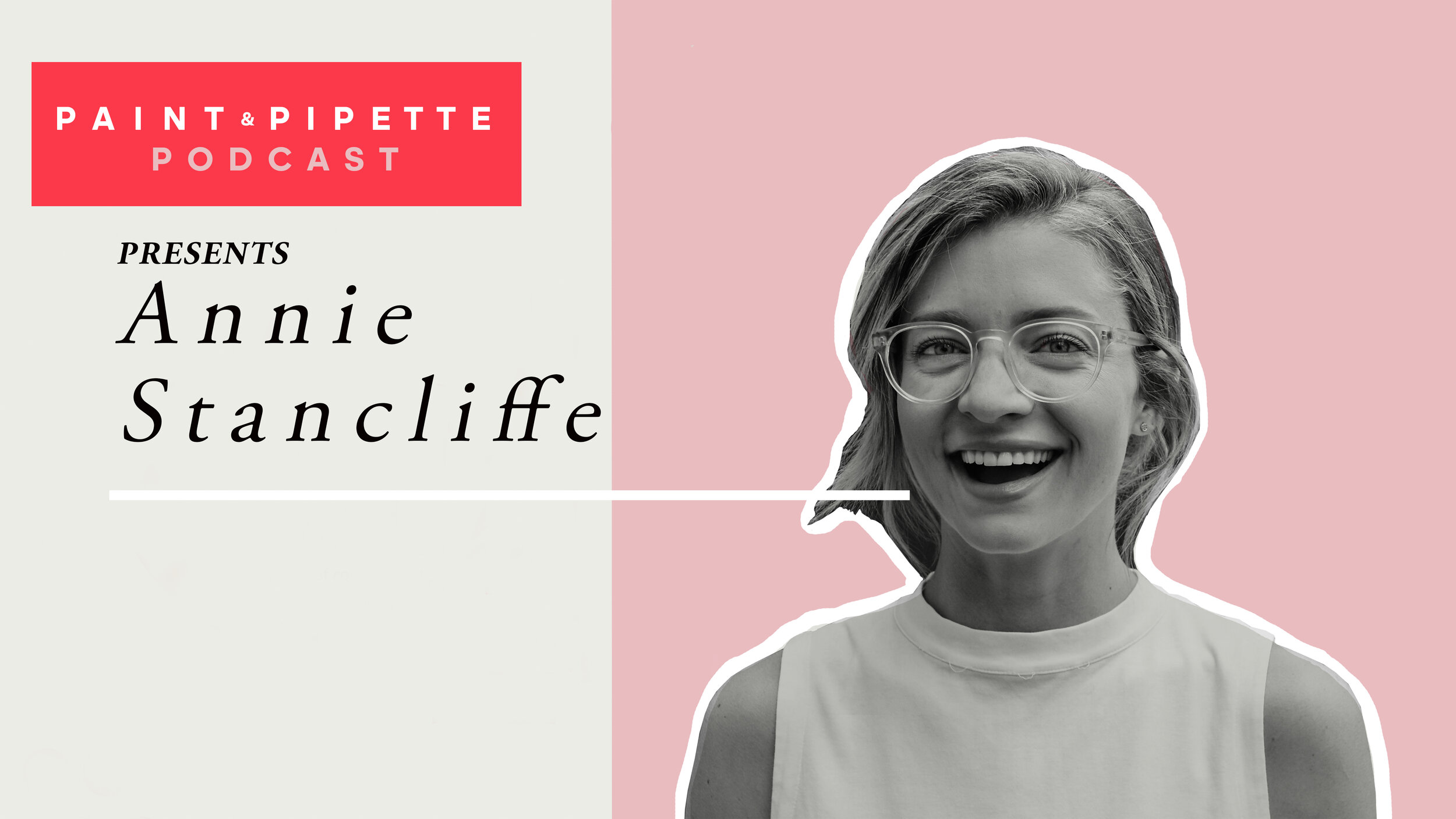
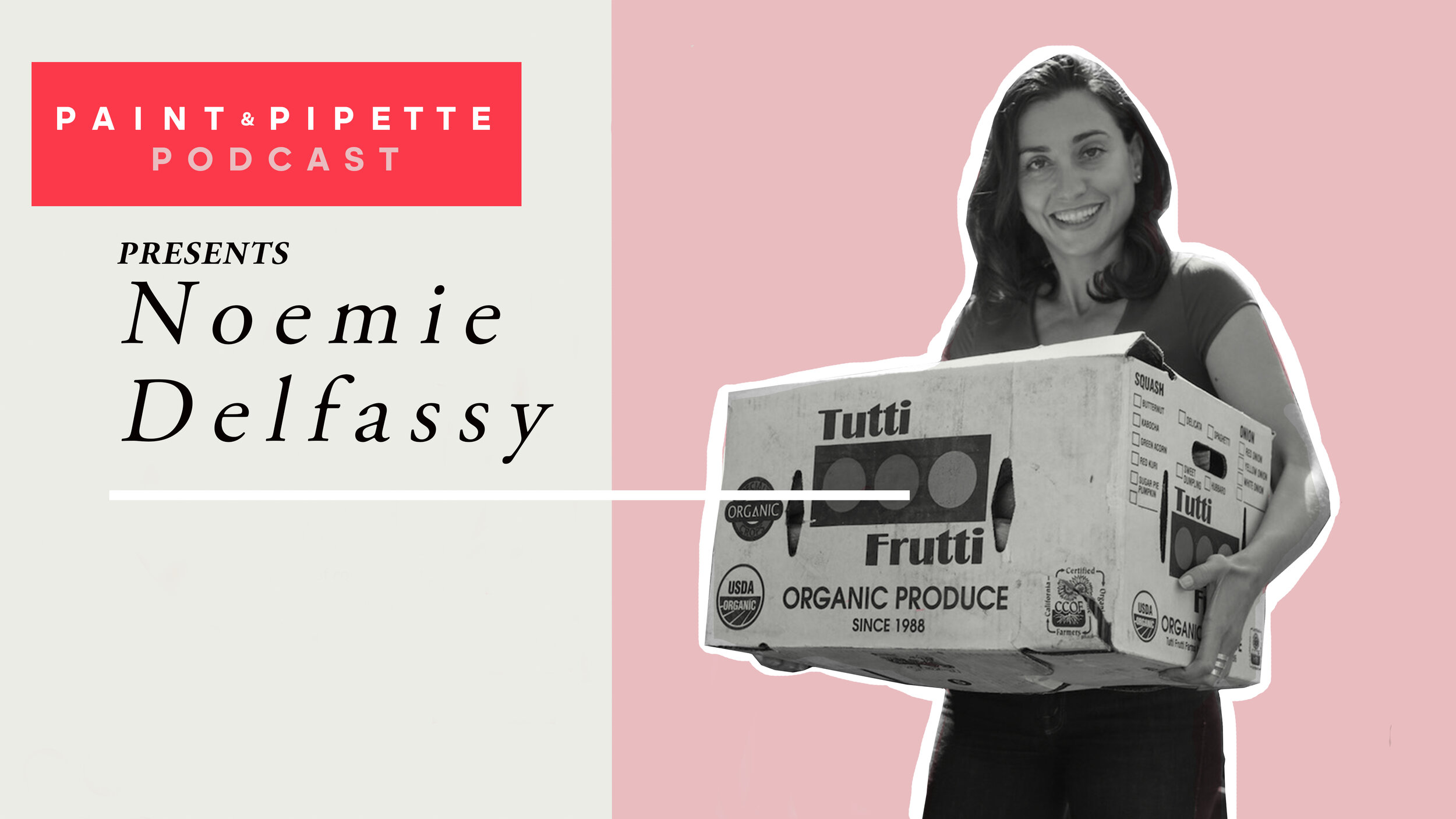
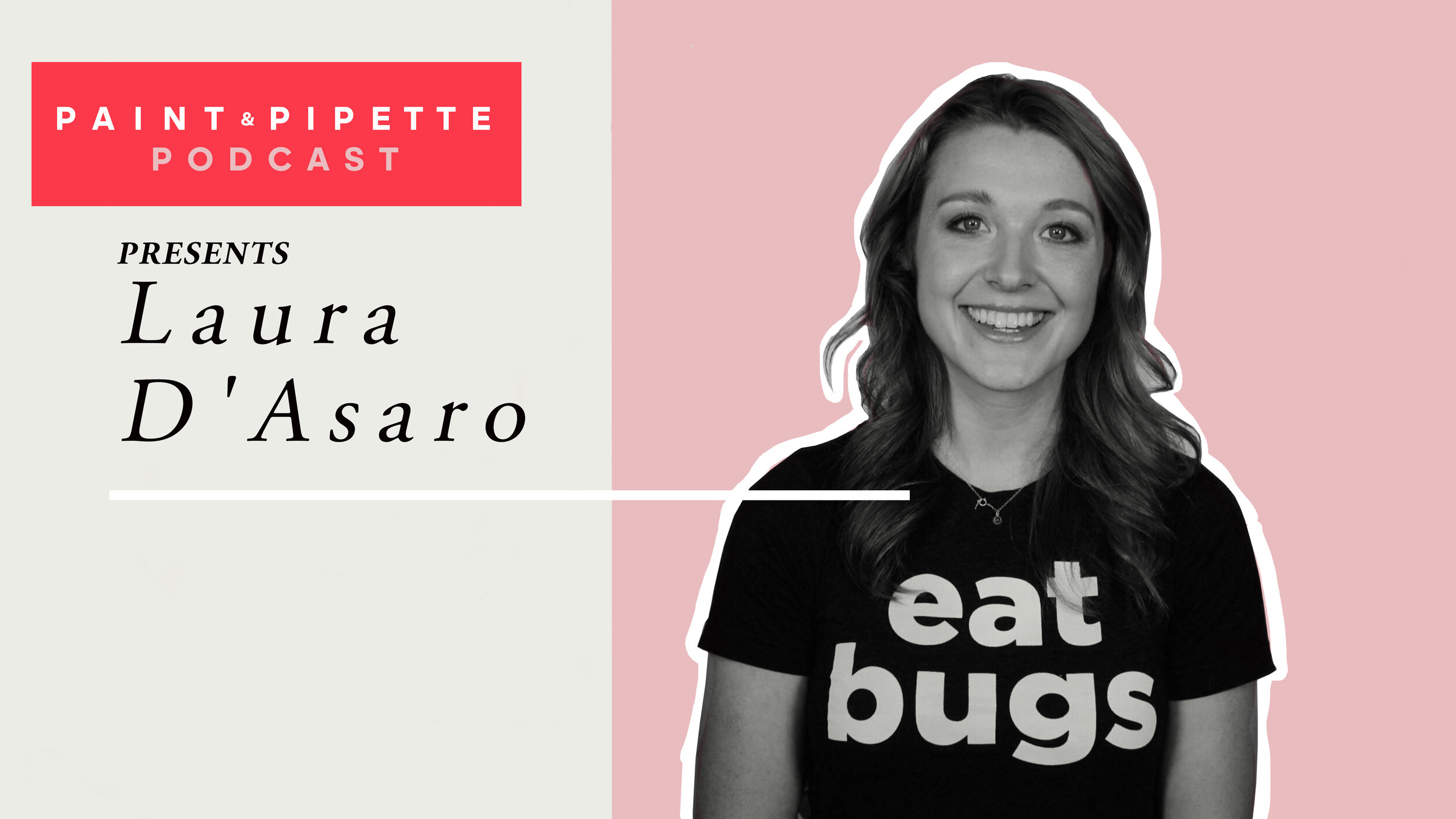
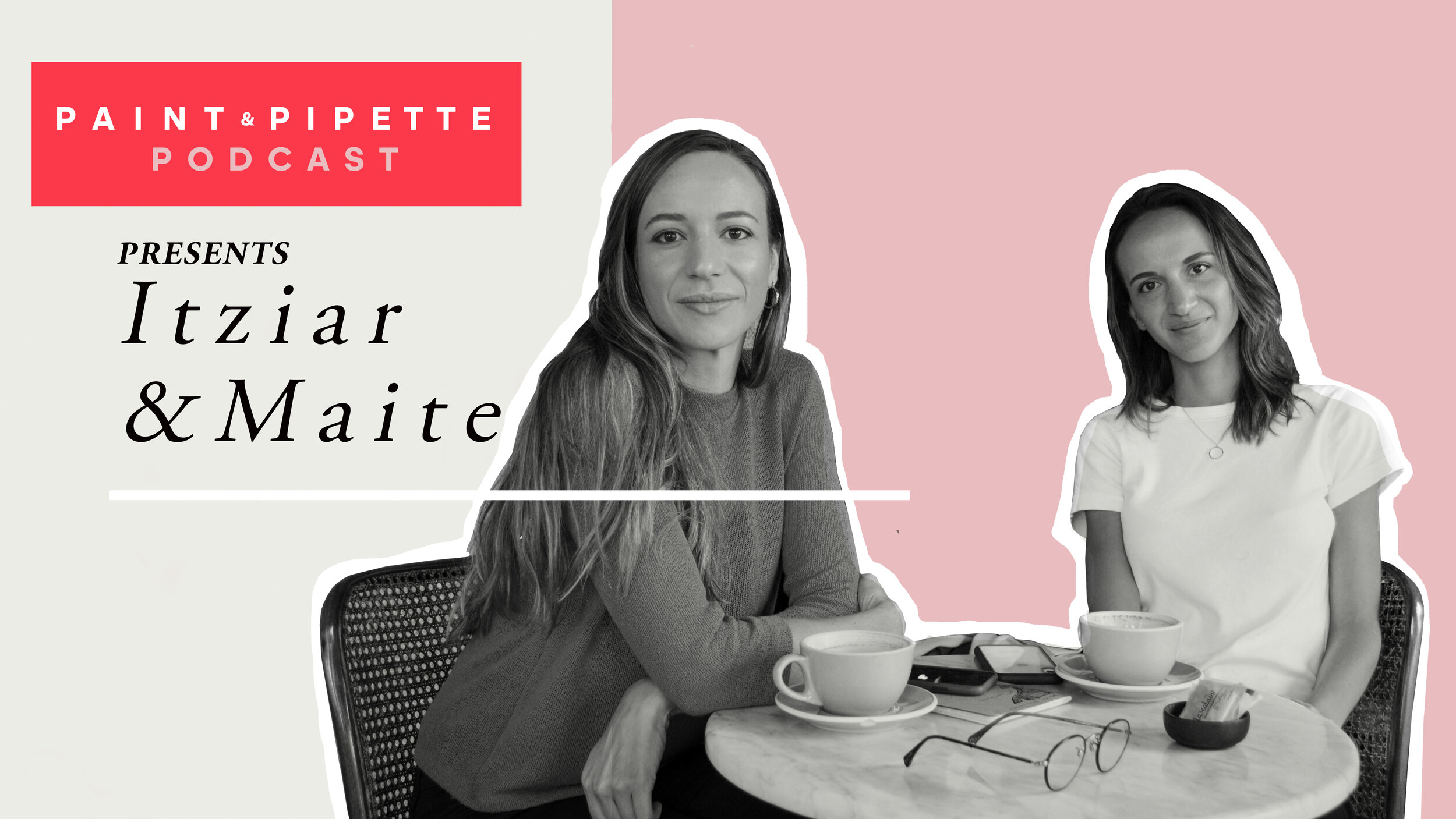
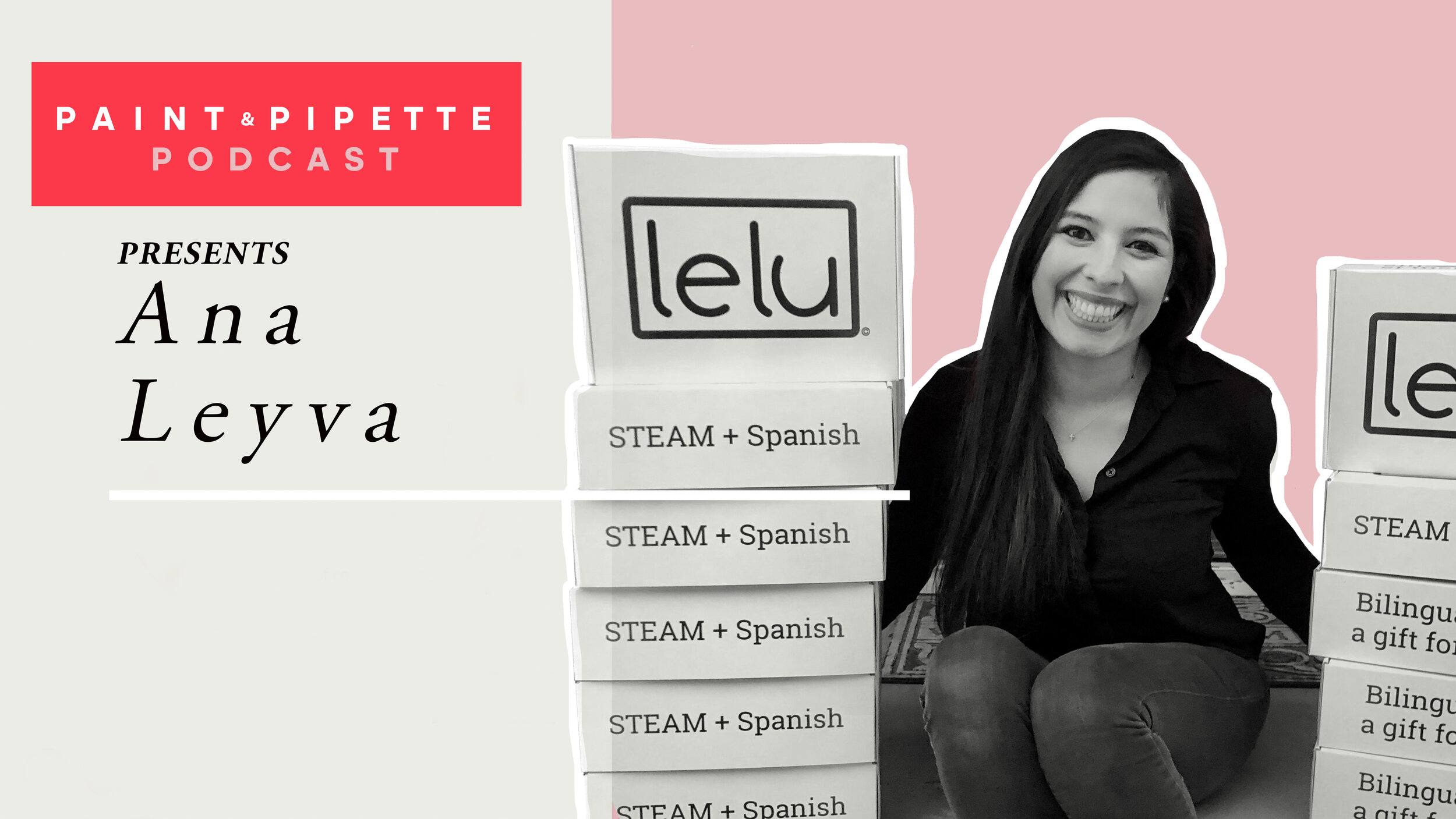
In the AI age, love is more important than ever. Because now anyone can generate “good enough” solutions with a few prompts. But people want more than good enough. When average is free, only above-average passion will stand out.